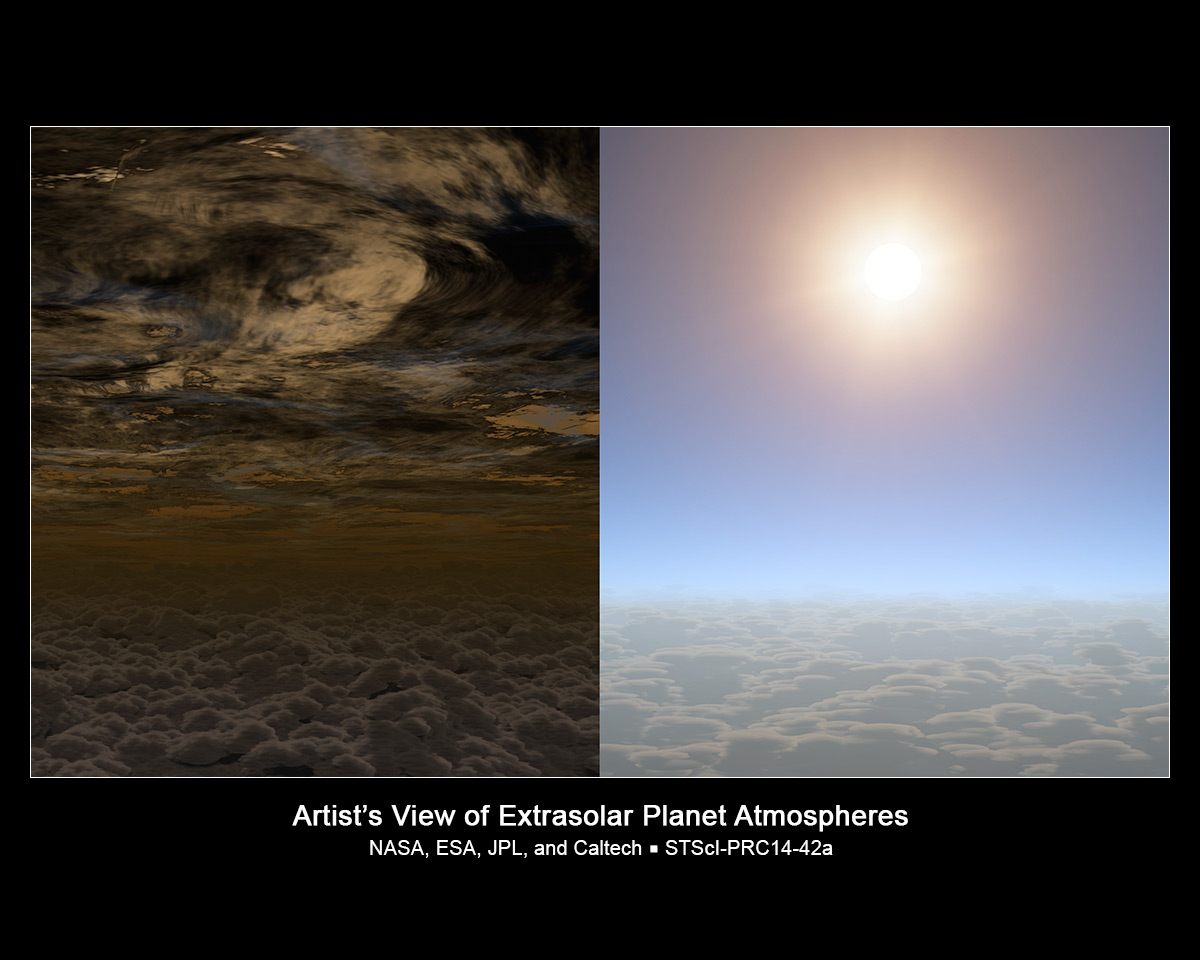
Physics Program Presents
Characterizing Distant Worlds: Atmospheric Observations of Exoplanets with Hubble & JWST
Friday, November 3, 2023
Hegeman 107
12:00 pm – 1:00 pm EDT/GMT-4
12:00 pm – 1:00 pm EDT/GMT-4
Munazza Alam, Space Telescope Science Institute
In the past two decades, we have discovered thousands of planets outside of the Solar System, many of which are nothing like our own. We can learn a great deal about the properties of these planets if we observe them when they pass in front of (transit) their host stars. During transit, a small fraction of starlight filters through the planet's atmosphere. By precisely measuring the spectrum of this filtered starlight, we can learn about the makeup of the planet's atmosphere. Observing planets with this technique allows us to understand the composition of their atmospheres as well as how they formed and evolved. In this talk, I will discuss how I use data from Hubble, JWST, and large ground-based telescopes to detect and characterize the atmospheres of Jupiters to super-Earths.Munazza Alam is an astronomer, National Geographic Young Explorer, and staff scientist at the Space Telescope Science Institute in Baltimore, MD. She earned her Bachelor's degree in physics and astronomy from CUNY Hunter College in New York City, and received her PhD in astronomy and astrophysics from Harvard University in 2021. Munazza uses data from the Hubble and James Webb Space Telescopes for her research, as well as world-class ground-based facilities at the Mauna Kea Observatories in Hilo, Hawai’i and the Las Campanas Observatory in La Serena, Chile. In her free time, she enjoys oil pastels and watercolors.
For more information, call 845-758-6822, or e-mail [email protected].
Time: 12:00 pm – 1:00 pm EDT/GMT-4
Location: Hegeman 107